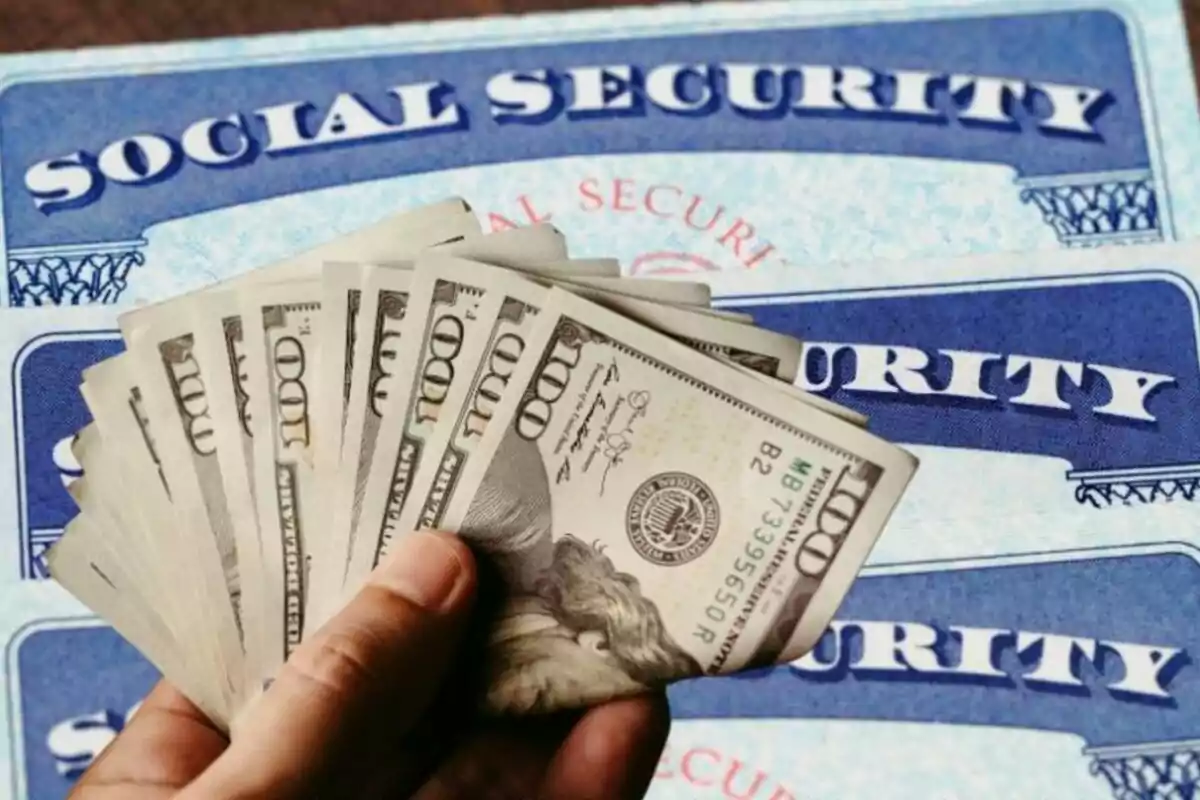SSA in the United States has recently issued a clarifying message that is essential for those who receive benefits. We are talking about a specific case that may be somewhat unpleasant, but it must be clear at all times.
This notice explains what happens when a beneficiary dies, where the payment owed by the Government goes, how to request it, and what conditions apply. First, SSA confirms that Social Security payments stop in the month of the beneficiary's death.
Clear explanation from SSA about payment owed to a deceased person
If someone dies in August, the check that arrives in September (corresponding to July) can't be kept. Banks must reverse the payments and are required to return uncashed checks. The Government recovers what they overpaid because, although the deceased received it, they were not legally authorized to receive it after their death.

If a retroactive or overdue payment was pending to the deceased for any reason, SSA has clear rules about this. First, what was owed is offset with any pending payment. If there is an amount pending after settling what was owed, that remainder is directed to the heirs or those entitled to it.
Form SSA-1724 must be used
SSA applies an order of precedence when assigning that money. First, the spouse who lived with the deceased or who was entitled to the benefit on that same record, then children, parents, and finally the legal representative or executor of the estate.
To request that payment, form SSA-1724 is used. This document allows you to indicate who is eligible: spouse, children, or parents as the case may be, and if none apply, it is assigned to the legal representative of the estate.

It is not always necessary to request it in writing. If SSA already has complete information about the heirs and their addresses, they can make that payment without a formal request.
What happens when there is an overpayment
In cases of overpayment (when the Government paid too much after death), SSA can require repayment. If the beneficiary had someone responsible for receiving and managing the payments on behalf of the deceased and received amounts after the death, pay attention. That person or their estate must return it, regardless of the amount.
If there is no responsible representative or spouse, and the amount is very low (for example, less than $30 USD), SSA may consider it not worth recovering. But if it exceeds certain limits, the agency can initiate recovery from the estate, depending on specific circumstances.

